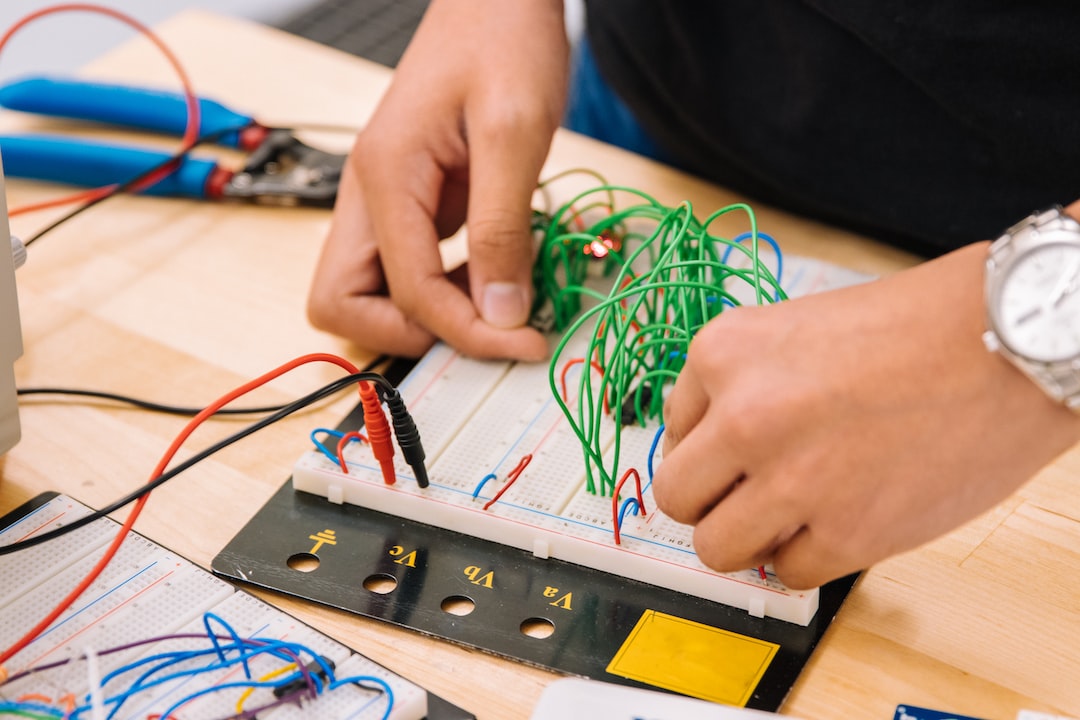The Impact of Social Media on Education
In recent years, the impact of social media on our lives has been undeniable. From connecting with friends and family to staying updated on current events, social media platforms have become an integral part of our daily routine. However, one aspect that often goes unnoticed is the impact that social media has had on education.
First and foremost, social media has revolutionized the way we communicate and collaborate with one another. Platforms like Facebook, Twitter, and Instagram have made it easier than ever to connect with classmates, peers, and even teachers. Students can now easily discuss assignments, share resources, and form study groups through these platforms. This not only enhances communication between students but also promotes a sense of community and camaraderie, which is crucial for effective learning.
Furthermore, social media has made accessing information and educational resources easier and faster. Educational institutions, teachers, and experts are increasingly utilizing social media to share valuable knowledge with a global audience. Students can now follow educational channels and pages, access e-books and articles, and even participate in online courses. This has democratized access to education, breaking down barriers of distance and cost. Students no longer need to rely solely on textbooks and classroom lectures; they can explore a wide range of educational material at their own pace.
Another noteworthy impact of social media on education is its role in promoting creativity and critical thinking skills. Platforms like YouTube and TikTok have given rise to a new generation of content creators who are not only entertaining but also educational. Students can now learn complex topics through engaging and visually appealing videos. Moreover, the comment sections on these platforms allow for lively discussions and debates, encouraging students to think critically and develop their analytical skills.
However, while social media has undoubtedly had a positive impact on education, it is important to acknowledge its downsides as well. The excessive use of social media can lead to distraction and decreased productivity. Students may find themselves spending hours scrolling through their newsfeeds instead of studying or completing assignments. Moreover, the authenticity and reliability of information shared on social media can be questionable, and students must develop critical thinking skills to discern between trustworthy and unreliable sources.
To conclude, the impact of social media on education has been both profound and multifaceted. From improved communication and collaboration to enhanced access to information and resources, social media has transformed the way we learn and educate ourselves. However, it is crucial for students to strike a balance between their social media usage and academic responsibilities, and to critically evaluate the information they encounter on such platforms. With the right approach, social media can undoubtedly be a powerful tool for education in the modern era.
